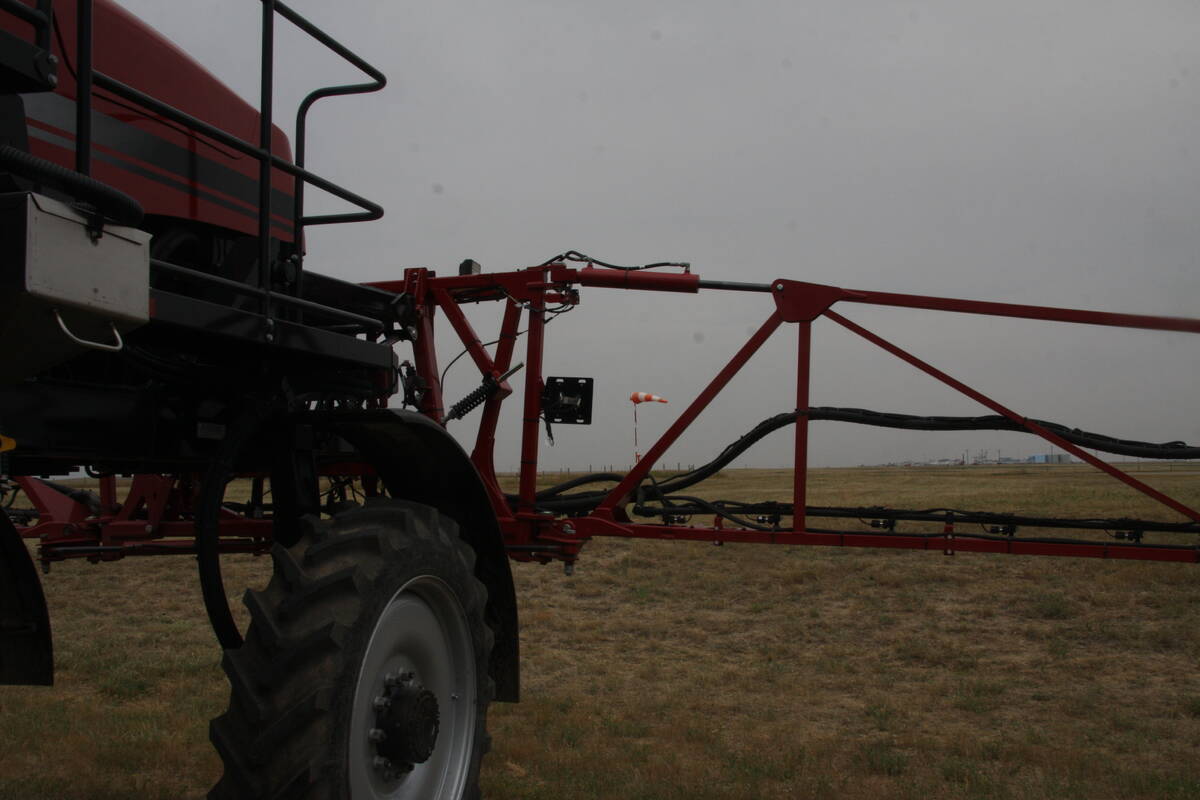Neophyte horse owners may harbour dreams of joining Canada’s equestrian team, but they have a lot to learn to reach that level.
A team of seasoned horse professionals recently explained how horse owners can enjoy their animals rather than viewing them as walking hay burners.
Becoming a happy horse owner requires research that must start long before the new purchase steps off the trailer, Calgary trainers Ron Anderson and Muffy Knox told a horse clinic in Calgary.
“If you are going to have success in the horse business, I advise you to get a professional horse person on your team,” Anderson said.
Read Also

More work wanted on removing red tape
REGINA — Canadian farmers risk falling further behind competitors if two main federal agencies don’t become more efficient and responsive…
He said the price of the horse is the least expensive item in the ownership process.
Professionals are available who can help novices avoid common pitfalls, he added. A professional can help find the right horse for the skill level of the prospective owner, find appropriate lessons and offer information on the care and health of the horse.
“You don’t need the white stallion that rears on command. I don’t think that is a good starter horse for you,” he said.
“Buy the horse that has the resume that fits your job description.”
He said it may be a bad idea to get help from a friend of a friend who purports to have vast experience.
“Don’t even assume your friend of vast experience has vast knowledge.”
Prospective owners can learn more by attending horse events and volunteering as a way to meet people and get a feel for the business.
Knox said people should take riding lessons before buying a horse. She receives dozens of calls every year following the Calgary Stampede from families who were caught up in the excitement. She pulls in the reins.
“The kids may be excited for a week. It is much cheaper for them to take regular lessons for a year to see if they really are interested in horses or if it is just a passing phase.”
There are great, good and unsuitable horses and a trainer may not be able to elevate an animal from one category to the next.
Beginners should look for an experienced, mature horse. It may not be the last horse they own and owners should be willing to let it go because it may be the best for novices and children.
In Knox’s classes, she teaches children to observe the horse and understand the messages it is sending. Students are also taught about health, feed, foot care and tack.
She tells people not to buy bits, bridles and saddles until they buy the horse. That way they can be fitted properly.
“Lots of horses have behaviour problems because the saddle doesn’t fit properly,” she said.
Many tack stores offer a fitting service, and she advises against buying fancy gear. She advises fitting children with an American Safety Council approved helmet.
She also recommends learning how to properly put on a saddle. Too many fathers think they are helping, she added, but often they end up cinching the horse too tight, resulting in it panicking, bucking, bolting or flipping over backward.
Families can find a coach by asking organizations such as Alberta Agriculture’s horse industry branch or the Alberta Equestrian Association, or through word of mouth.
Watch the coach to see if he or she is compatible with the horse and rider. Decide how big the riding lesson group should be. Some people do well in a large group with a few minutes of personal instruction while others prefer more individual teaching.
Watch the teaching style. If half the students are crying, it may not be the best place to learn, Anderson said.
When it comes time to buy, work with a professional and get the animal checked by a veterinarian. Knox said people often say they want a spirited horse, even though they don’t necessarily know what that involves.
“That spirited horse you dream of may become a nightmare in a very short time if not ridden with considerable skill,” she said.
She also tells newcomers to avoid stallions, young, green horses and mares with foals.
Watch the owner work with the horse. Observe whether the horse is easy to catch, allows the person to pick up all four feet, stands still for grooming and mounting, and loads easily into a trailer. Watch to see if it stops and turns in both directions and moves in the gaits suited to the rider.
“If he won’t do it, you don’t want to buy,” she said.
Ride the horse and have someone who knows your riding ability try the horse.
Finally, obtain a bill of sale that includes a written guarantee and conditions of payment.

















